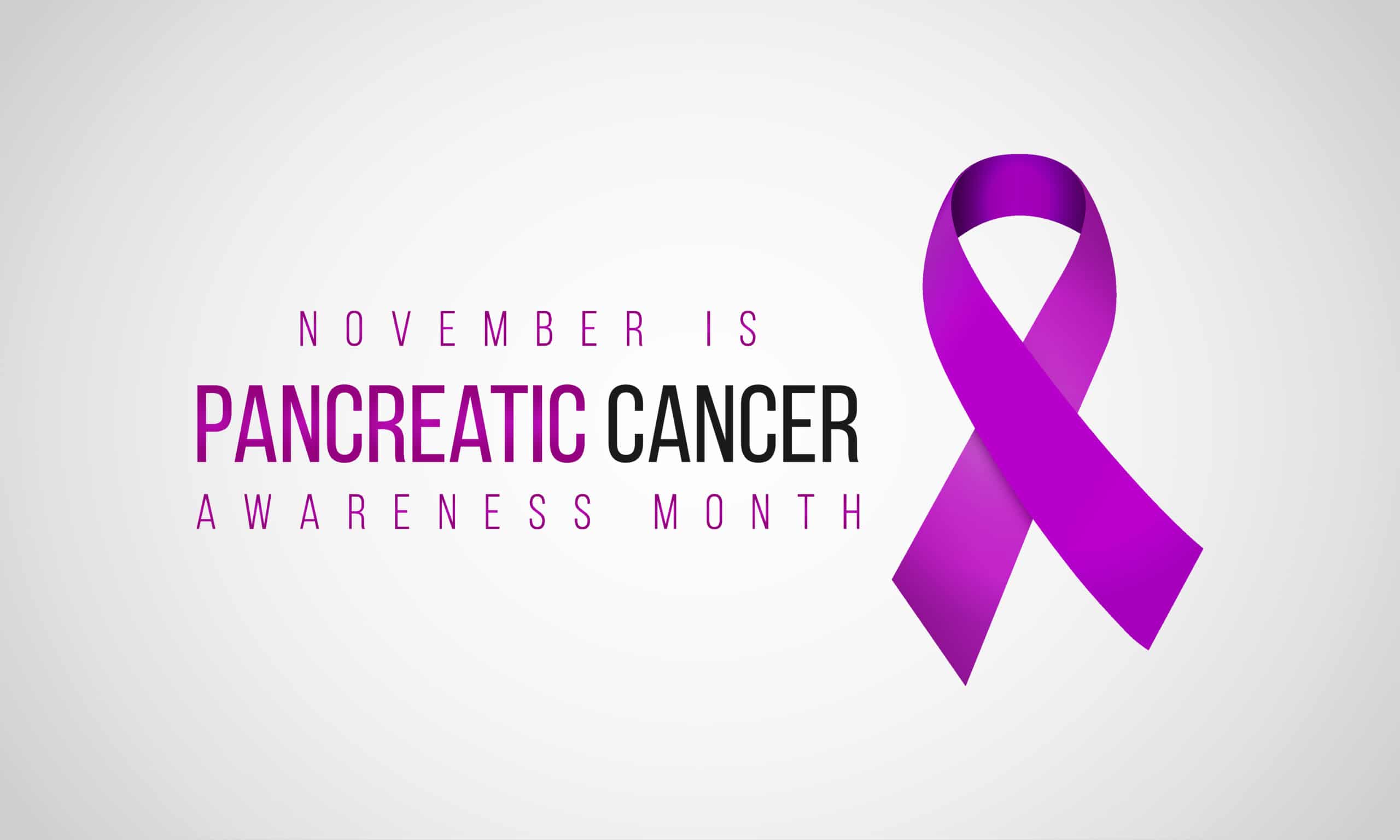© 2024 Apreva Hospice
All Rights Reserved
All Rights Reserved

By: Dr. Margarita David Ph.D., RN
Pancreatic cancer affects over 60,000 people in the United States. Continue reading to learn more about pancreatic cancer in honor of Pancreatic Cancer Awareness Month.
Pancreatic cancer is a cancer that develops in the pancreas. The pancreas helps regulate the metabolism of sugar and aids in the digestion of foods.
Although the exact cause of pancreatic cancer is still unknown, some risk factors that may contribute to the development of pancreatic cancer include:
Many of the symptoms of pancreatic cancer are also common with other types of cancers. These may include:
There are several ways that pancreatic cancer is diagnosed:
Three blood tests can help diagnose and treat pancreatic cancer:
If blood work and imaging indicate the possibility of having pancreatic cancer, a biopsy (a tissue sample from the pancreas) is taken to confirm the diagnosis. A biopsy is the gold standard for a definitive pancreatic cancer diagnosis.
Pancreatic cancer can be extremely painful, making your quality of life more difficult toward the end of life. Hospice care allows people to live their final stages in peace by providing:
The end of life can be a very stressful, uncomfortable, and anxiety-provoking time. A hospice team can help provide the comfort the patient needs physically, emotionally, and spiritually.
Hospice care takes care of you physically and emotionally during the end of life. The team consists of a social worker and chaplain who will work with you and your family to ensure your spiritual needs are met. Hospice provides compassionate care that is supportive of both the patient and their families through the end of life and throughout the grieving process.
Caring for sick loved ones can be an exhausting endeavor, which is why hospice care takes over your care so that your family gets a much-needed break. Your hospice team can also coordinate respite periods for your caregiver.